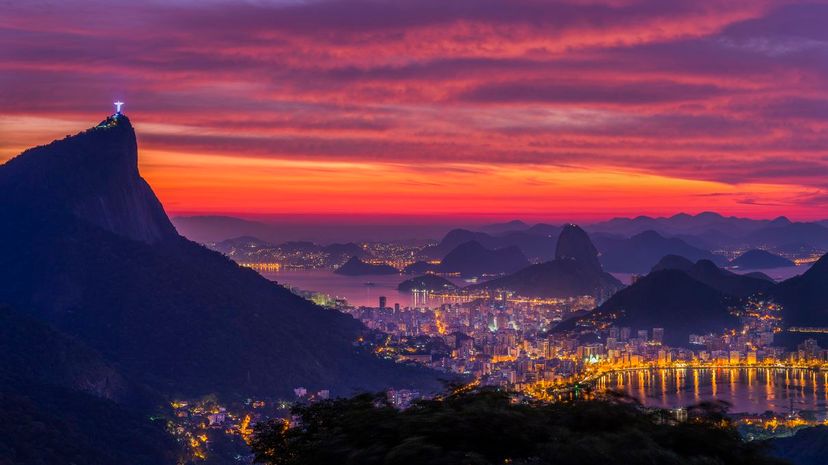
About This Quiz
It's time to give some love to some of the richest, most exotic and lush lands in all the world. South America, Central America and the islands through the Caribbean are home to an incredible range of biodiversity and more history than you can shake a stick at, not to mention beautiful landscapes, delicious foods and wonderful people. The modern Western world of North America got its start in Central and South America when explorers like Christopher Columbus first came to these lands. And for better or worse, their impact and influence shaped the world we know today and shaped the countries that still exist there to this day.
Nowadays you can visit any of these countries to experience some amazing history, to see what the world was like for the ancient Maya and Inca, the Arawak and the Carib peoples. They're also great places to visit to experience wildlife and plant life like nowhere else on Earth, plus incredible food, incredible music and, of course, the people.Â
If you feel like you know enough about Central and South America to tell the difference between Argentina and Aruba, Ecuador and El Salvador, Grenada and the Grenadines, then why not head down south of the equator and take the quiz!
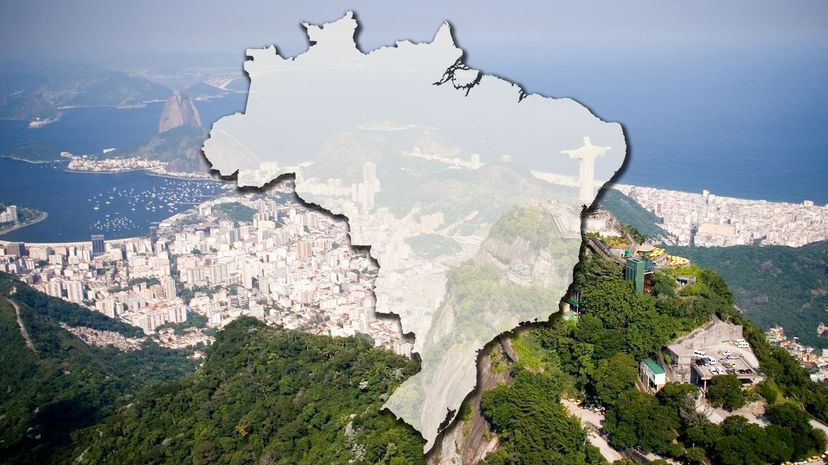
Brazil is the largest country in South America and the fifth-largest in the world both in terms of area and population. It's also the only country in South America where Portuguese rather than Spanish is the official language.
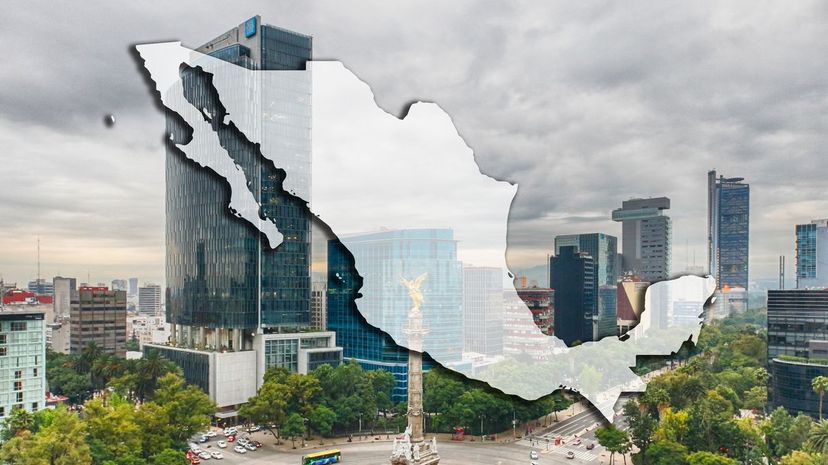
Though it's a major part of North America, Mexico is also the largest country in Central America since Central America isn't really a continent, just the name we apply to the land between the two Americas.
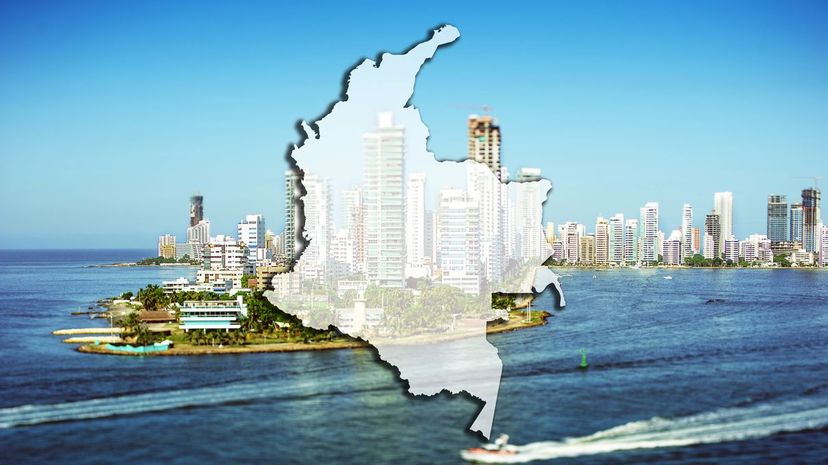
Colombia features the highest amount of species by area in the world, and it also has a pretty impressive butterfly collection if you're into that sort of thing. It also has more species of birds than all of North America and Europe combined.
Advertisement
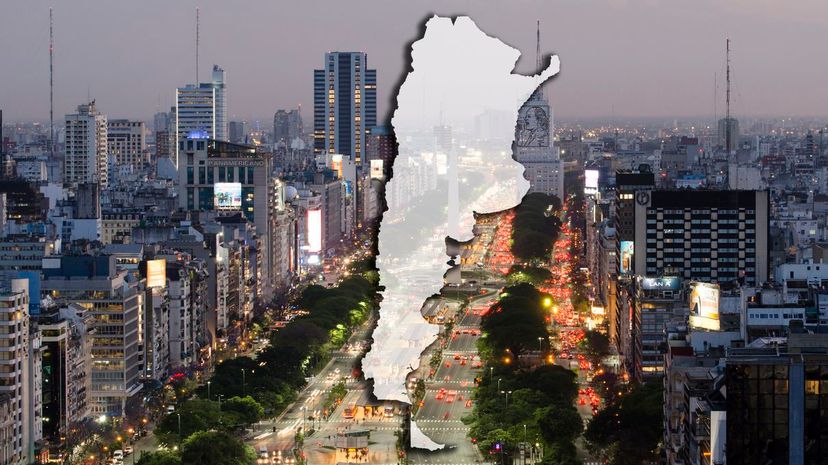
Buenos Aires is one of the largest cities in the world and it's located in Argentina. The population is about 2.89 million which, for some perspective, is around one third of the population of all of Canada.
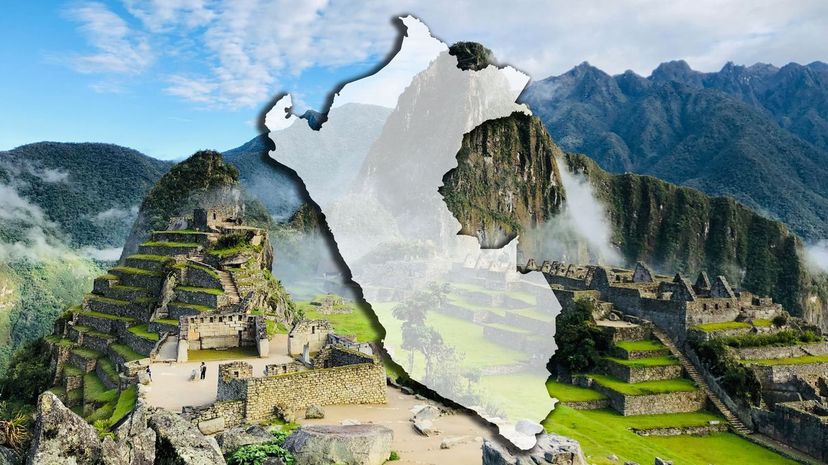
Located in Peru, Machu Picchu was built by the Incas in around 1450. There are actually over 150 buildings on the site and no one really knows the exact purpose of the place, though there are a lot of theories.
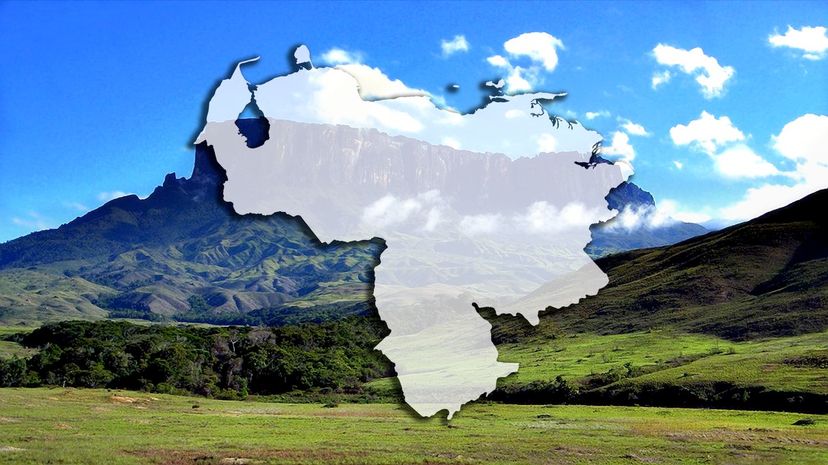
Venezuela shares borders with Guyana, Colombia and Brazil. What it doesn't share is airwaves with "The Simpsons." Back in 2008, the president of Venezuela determined that "The Simpsons" was bad for children and banned it from the country.
Advertisement
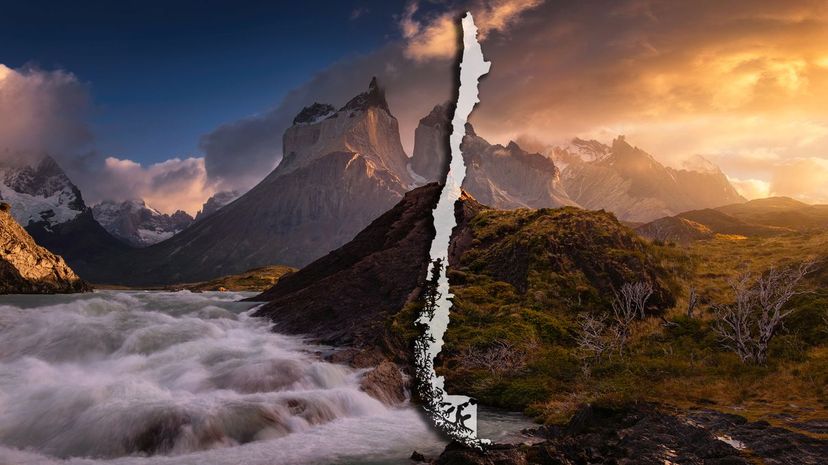
Not only is Chile the longest and most narrow country in the world, it holds the record for having the largest swimming pool in the world. The pool has a length of 1,000 yards, and covers an area of 20 acres. It holds 66 million gallons.
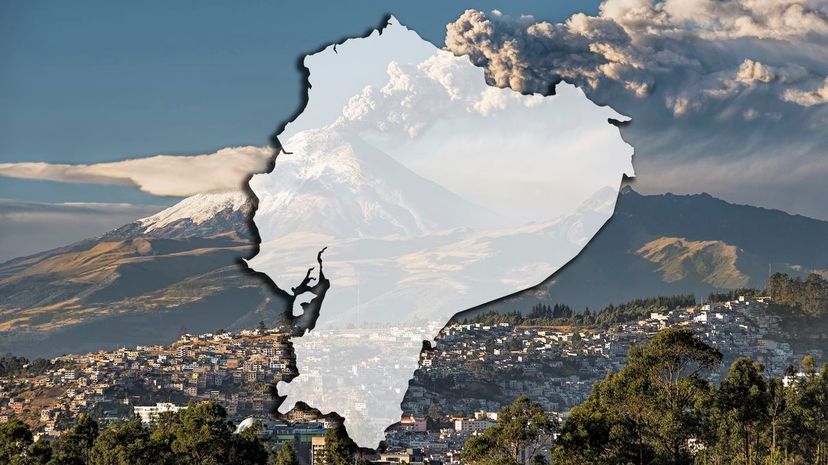
When it comes to weird facts about countries, you'll never find a better one than the fact that Ecuador is the closest country in the world to space. Thanks to the not-quite-spherical shape of the Earth, Ecuador is about 1.5 miles higher up than Mt. Everest.
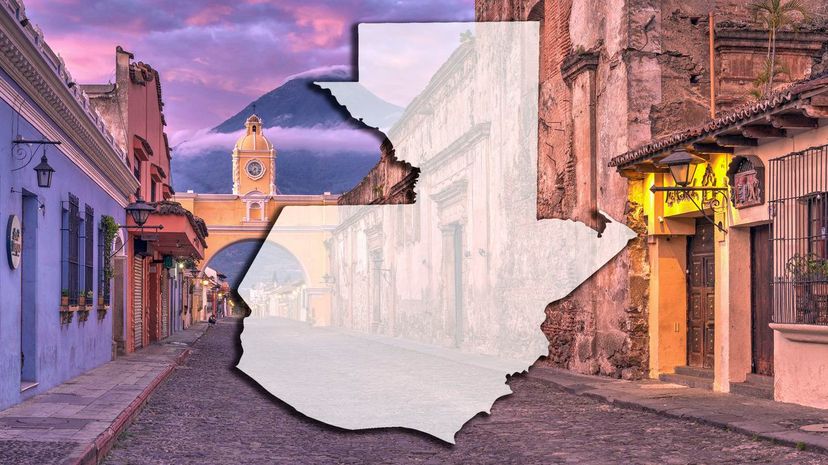
Chocolate dates back to the Mayan empire and Guatemala is still one of the largest producers of it in the world. There's even a ChocoMuseum in the city of Antigua if you wish to learn about the history of the food.
Advertisement
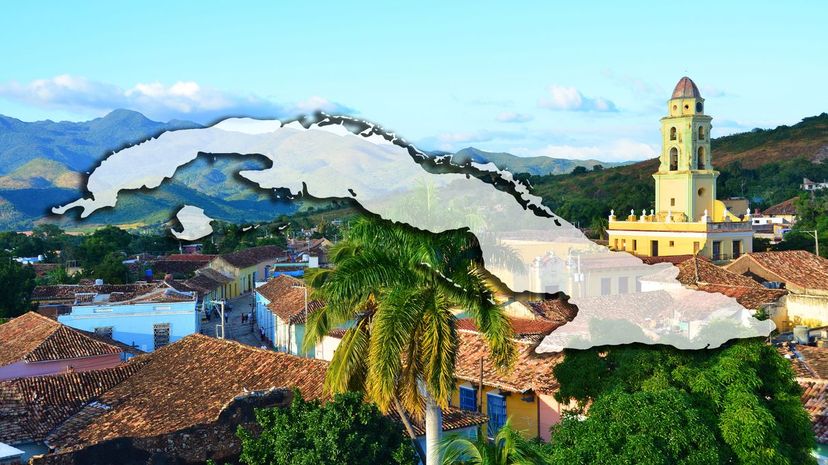
Cuba is the largest of the Caribbean islands and the country is famous for both its tobacco products and its sugar cane. It's also really famous for baseball and an abundance of classic American cars on its streets.
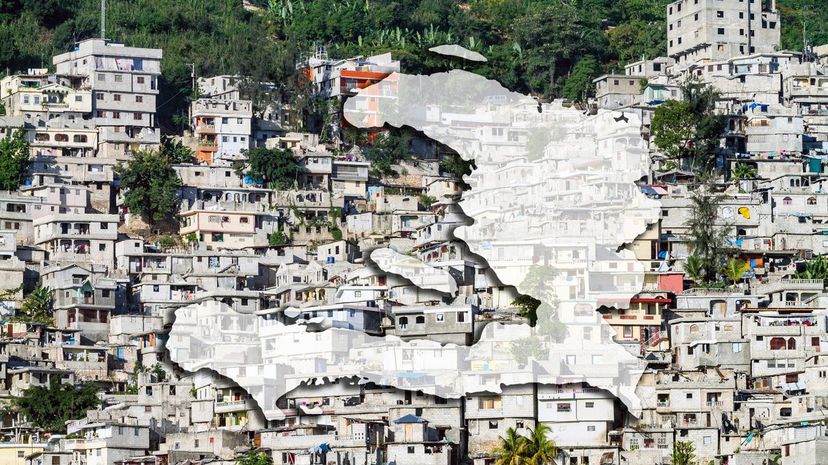
Haiti is known for both mountainous peaks and also some pirate-filed history. There's a mountaintop fortress in Haiti called the Citadel that is the largest fortress in the Western hemisphere. Haiti is also where you'll find Tortuga Island, a one-time stronghold for pirates.
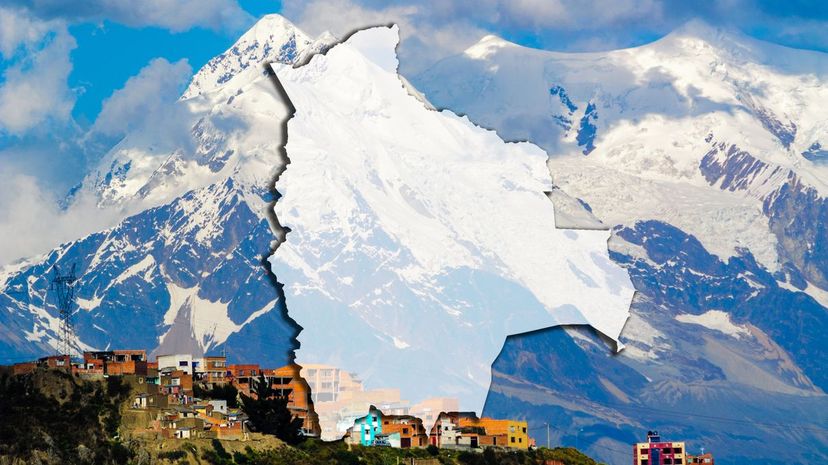
Head to the city of La Paz, Bolivia and you'll find zebras helping kids cross the street. La Paz is the unofficial capital of Bolivia and it's also located at a higher altitude than any other capital in the world at nearly 12,000 feet above sea level.
Advertisement
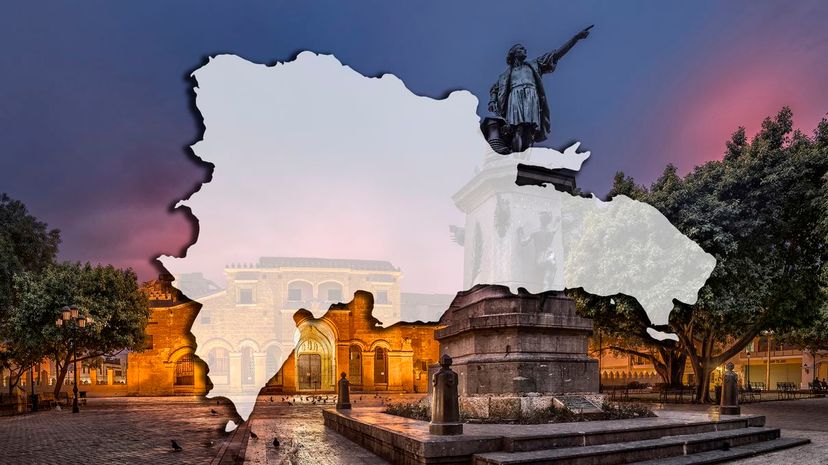
You have to head to the Dominican Republic to find Santo Domingo, which was founded by Bartolomeo Columbus, Christopher's less famous brother, in 1496. It was also home to the first university and first cathedral as well.
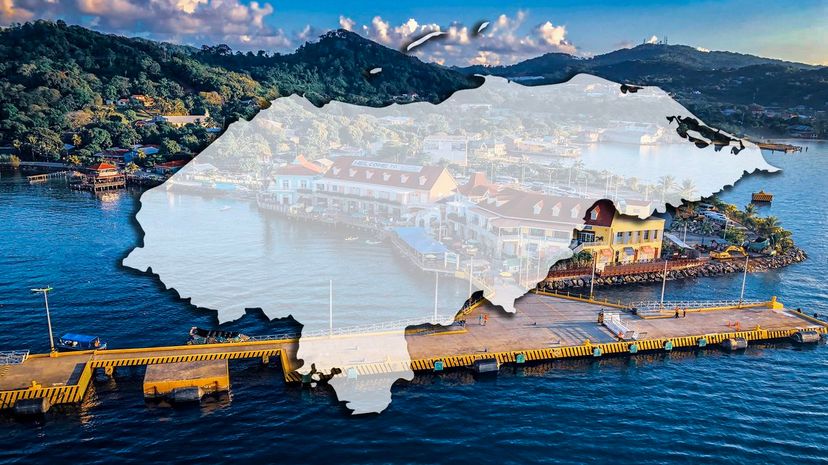
Honduras has some extremely strict anti-smoking laws that prevent you from even lighting up in your own home if a family member calls the police to complain about you. If you're home alone you're probably OK, though.
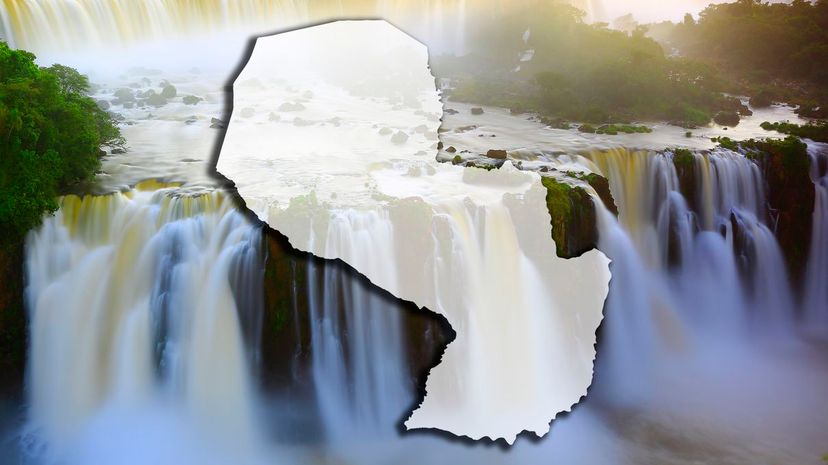
Despite not having a coastline, Paraguay does have a navy that patrols its rivers. It's also known for a lot of curious social quirks like people regularly arriving late because time is not super important and clapping rather than knocking to enter buildings that don't have doors.
Advertisement
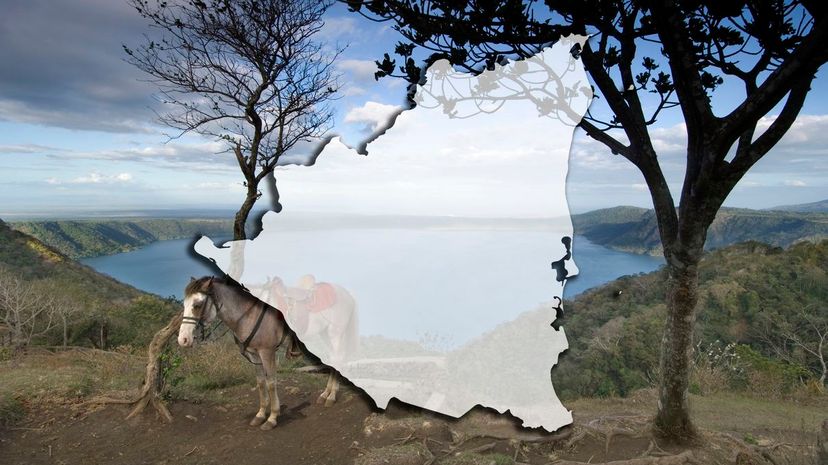
Nicaragua is home to Lake Nicaragua, the 19th largest lake in the world. Even though the lake is freshwater, it's famous for its wildlife that includes sawfish and sharks. The bull sharks are able to migrate upriver from the sea and can survive well in fresh or saltwater.
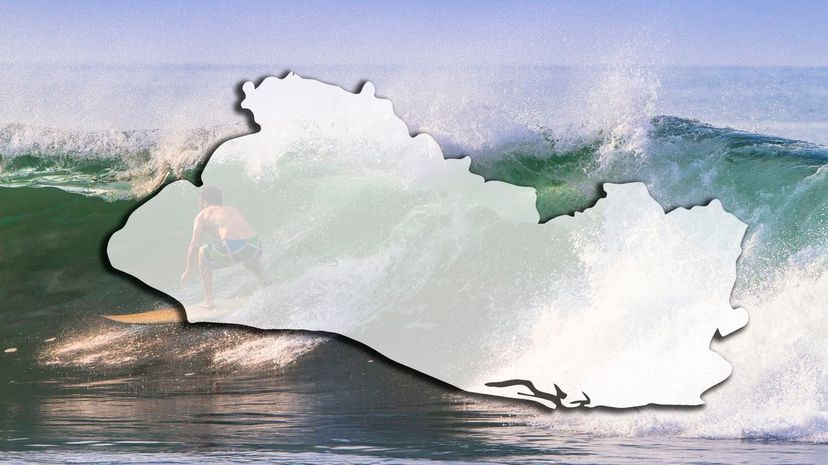
El Salvador is world-famous for its coffee and its surfing. As a tourist spot, it's also pretty famous for its volcanoes. There are more than 20 volcanoes in El Salvador and a couple of them are still active.
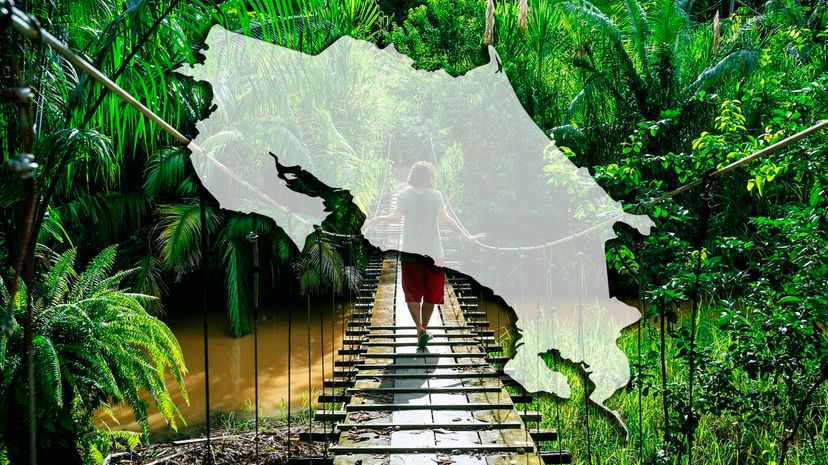
Costa Rica is famous for its biodiversity and for its efforts to be eco-friendly. They invest heavily in alternative power sources like solar and much of the country has been set aside as protected land for plant and animal life.
Advertisement
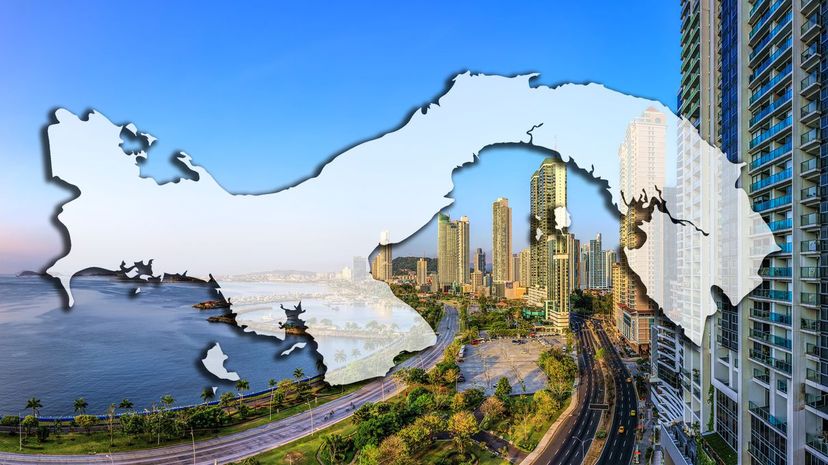
Panama is the only country in the world in which you can watch the sun rise over the Atlantic Ocean and, without having to go anywhere else at all, you can watch it set again over the Pacific Ocean as well.
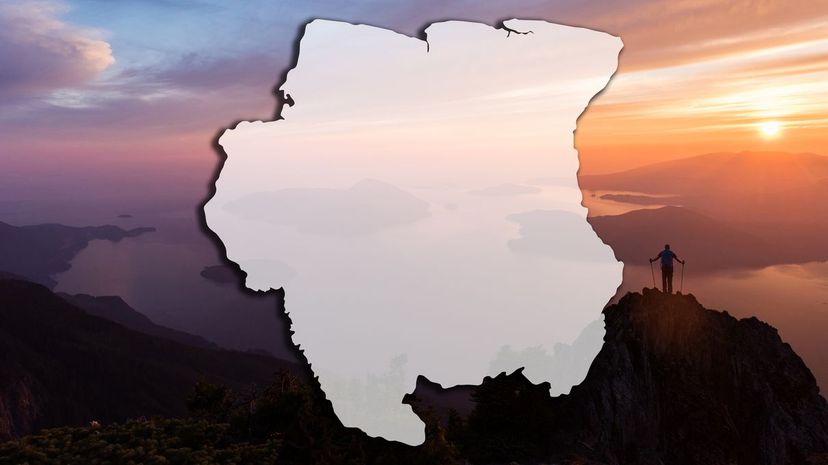
Suriname is the smallest country in South America and was a Dutch colony from 1667 until 1954. Outside Europe, it's the only country in the world where the majority of citizens speak Dutch as their main language.
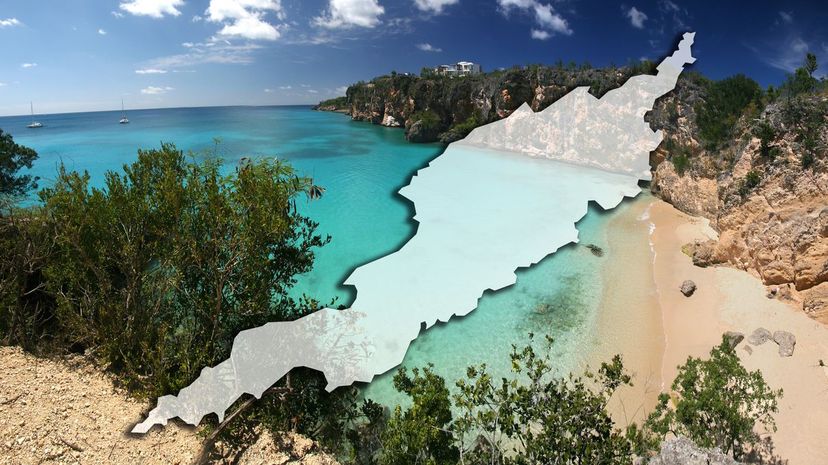
Back in the day Anguilla was known as Snake Island, but not for the most obvious reason. Snakes are not plentiful on the island at all but it is vaguely snake-shaped. The current name, Anguilla, comes from the Spanish word for eel.
Advertisement
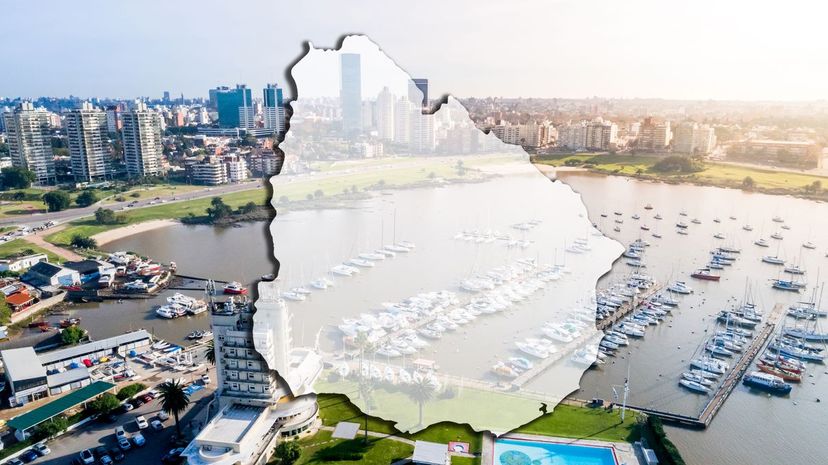
The national anthem of Uruguay is called "Himno Nacional de Uruguay" and to sing it properly will take six minutes of your day, making it the longest national anthem in the world. Fortunately, there's also an abridged version.
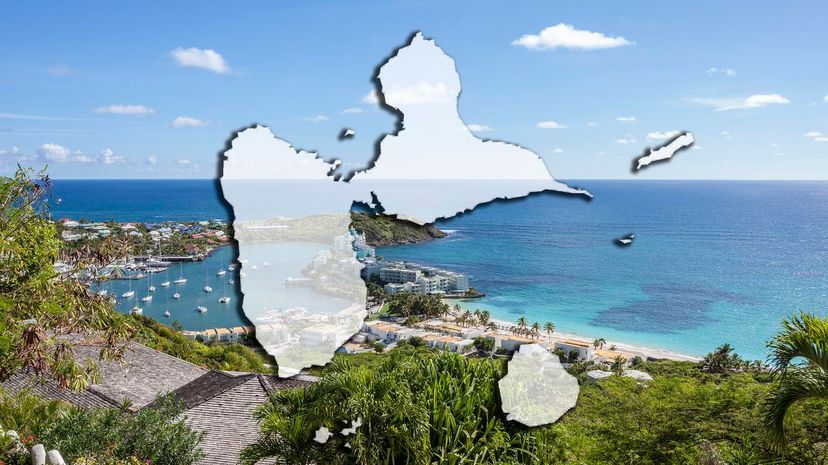
There are nine islands in Guadeloupe but the two main ones are Grande-Terre and Basse-Terre. This is where Christopher Columbus believed he had discovered pineapples, not realizing they'd been grown for ages in South America.
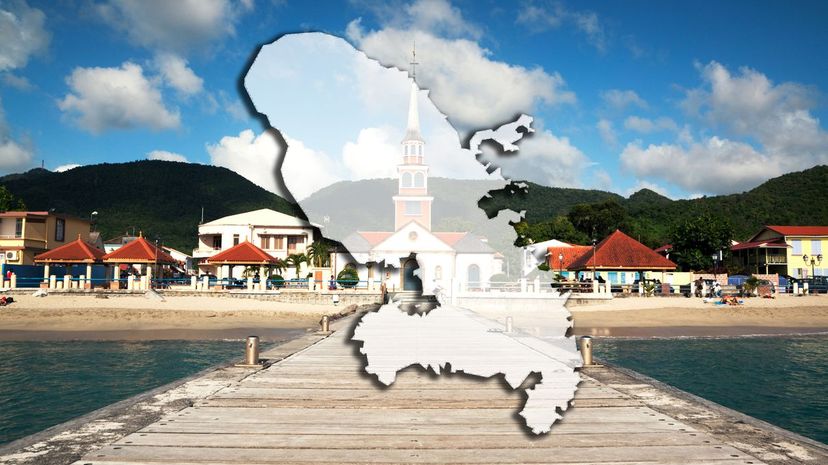
Four queens claimed Martinique as their home. Josephine, wife of Napoleon and Empress of France, was born here. Her daughter Hortense was also born here and she became queen of Holland. Madame de Maintenon, wife of Louis the XIV, was from here, and so was queen mother of Turkey, Aimee Dubuque.
Advertisement
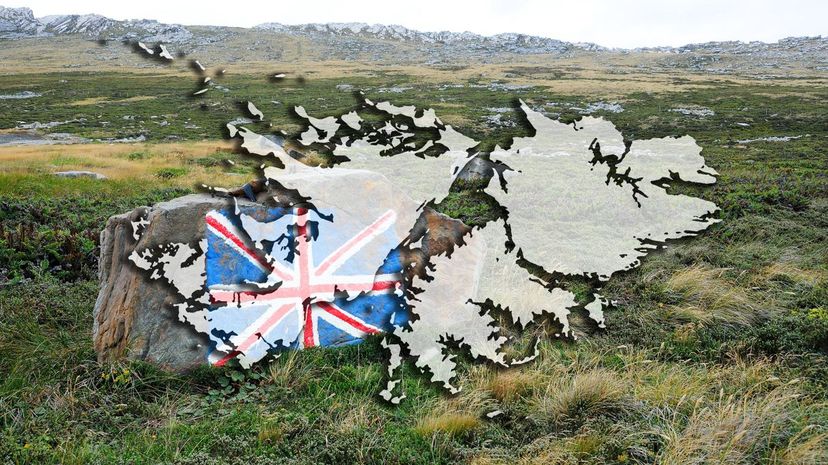
The Falkland Islands are a British Overseas Territory and are self-governed but rely on the United Kingdom for things like defense. In 2013 the people of the Islands voted on whether or not they wanted to remain part of the UK and they voted 99.8% in favor of staying.
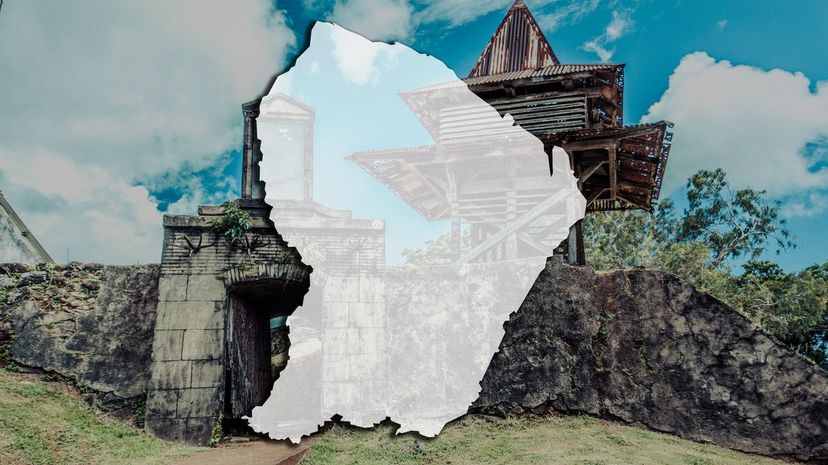
French Guiana is home to the city of Cayenne which was founded in the 1600s. The pepper of the same name is attributed to this area, but ironically most cayenne pepper is found in places like India, Mexico, and the United States.
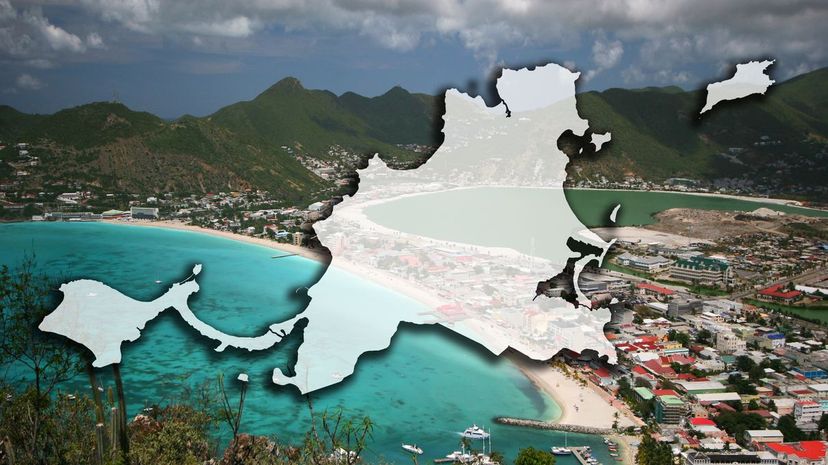
Saint Martin is one island divided into two small countries. They both bear essentially the same name. Saint Martin is the French half of the island while Sint Maarten is the Dutch half of the island.
Advertisement
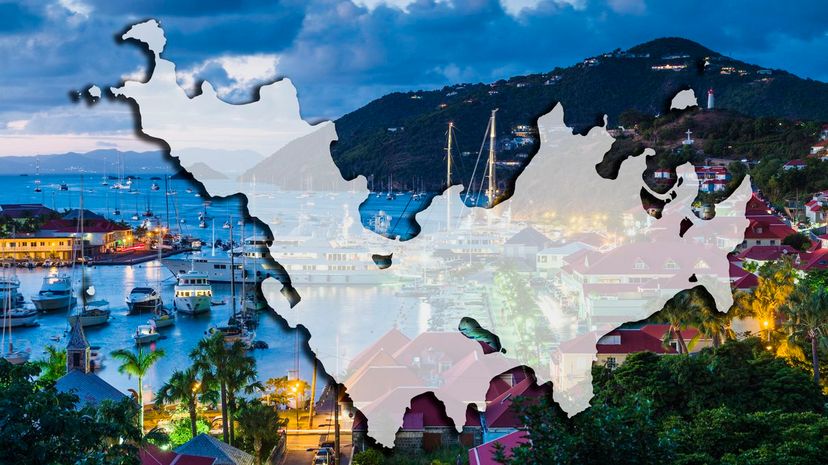
You'll find a crest that's bordered by pelicans and beset with French lilies on the flag for Saint Barthélemy, more commonly known as St. Barths. Columbus gave the island its name, in honor of his brother Bartolomeo.
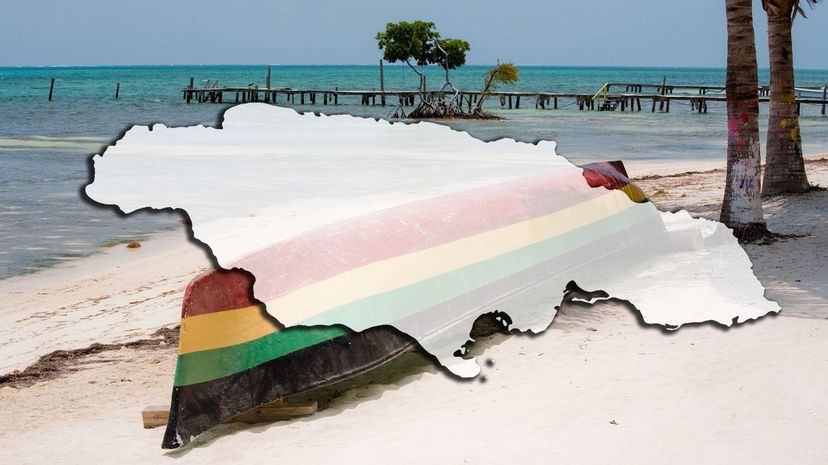
Jamaican Patois is an English-based language but it's not English exactly. It's a Creole-English dialect that borrows words from not just English but some African languages as well, making it potentially hard to understand by non-native speakers.
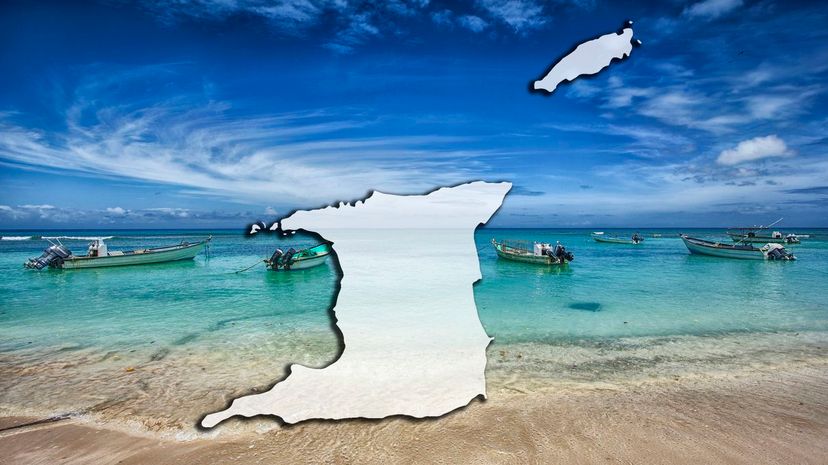
Trinidad and Tobago is home to the limbo. Dancer Julia Edwards is credited with popularizing the dance in the 1950s. She didn't create the limbo, however, and its actual origins date back to sometime in the 1800s.
Advertisement
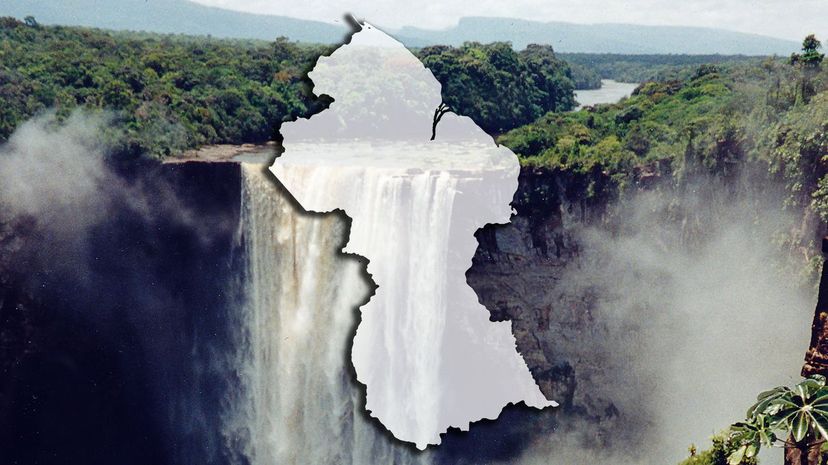
Head to Guyana and you can find one of the most amazing waterfalls in the world, Kaieteur Falls. It's one of the largest waterfalls in the world based on the volume of water that travels over it and it's a staggering 741 feet high.
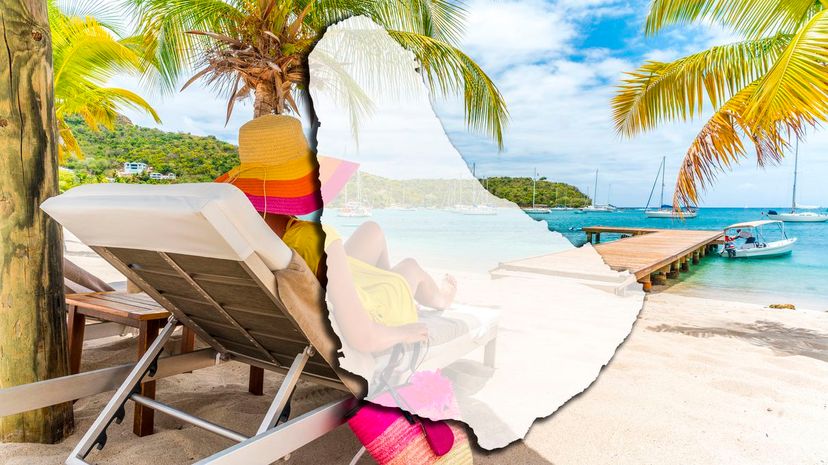
Barbados is one of the most popular tourist spots in the world. The island gets around 3,000 hours of sunshine per year and even during the rainy season which occurs in November, it's still pretty sunny relative to most places.
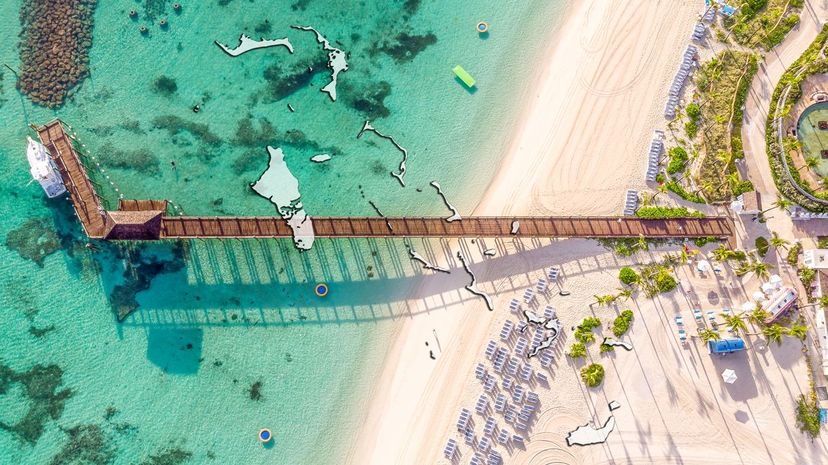
The Bahamas are a chain of around 700 islands that form one country even though only around 30 of them have any people living on them. Of those, about 70% of the entire population lives in Nassau, the capital city.
Advertisement
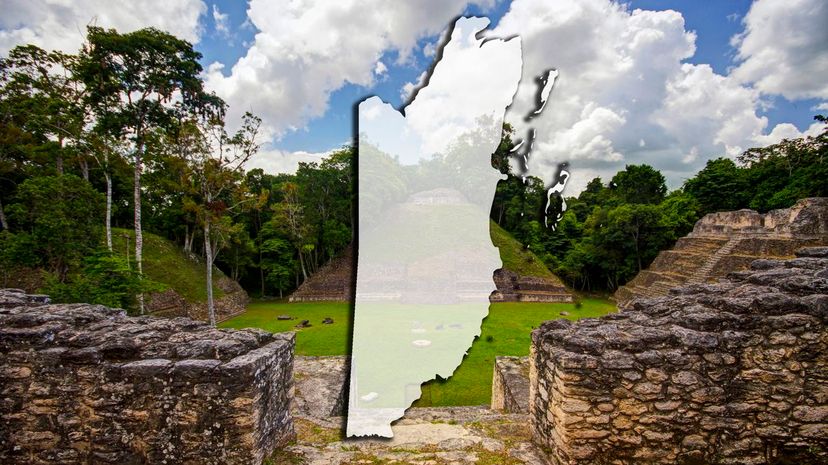
Belize is one of the most important countries in the world when it comes to the history of the Mayan Empire. It was essentially the center of their world and if you go there today you can check out nearly 1,000 ruins left from their civilization.
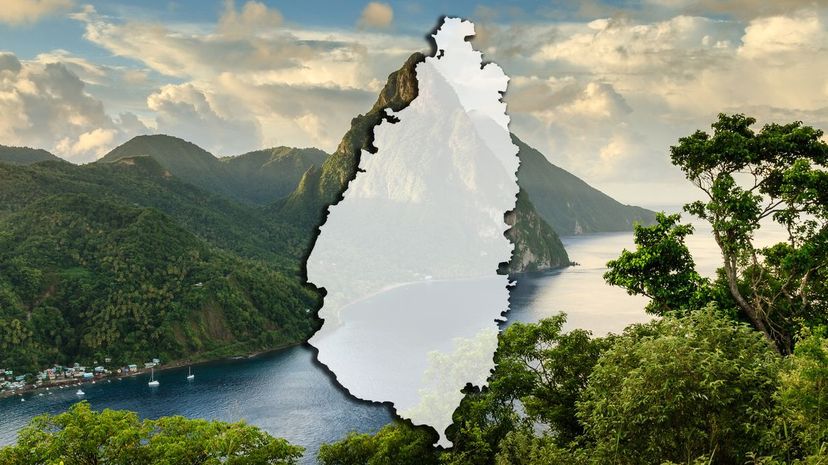
Saint Lucia was not always called Saint Lucia. Back in the day, the Arawak people called it the Land of the Iguanas because there were so many of the reptiles living there. When the Carib people came, they called it basically the same thing.
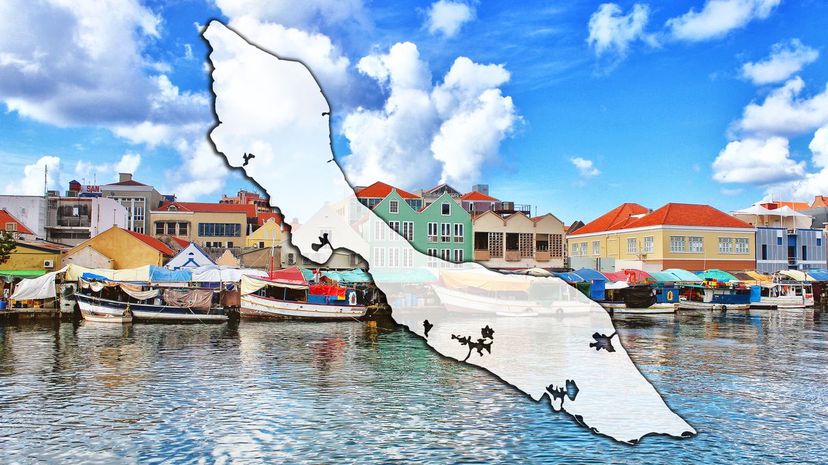
The island of Curaçao has a very dry, desert climate despite where it is in the world. It's also a place full of exotic looks, like the multi-colored homes that dot the landscape, and exotic tastes. If you want to try iguana, you can find it on the menu here.
Advertisement
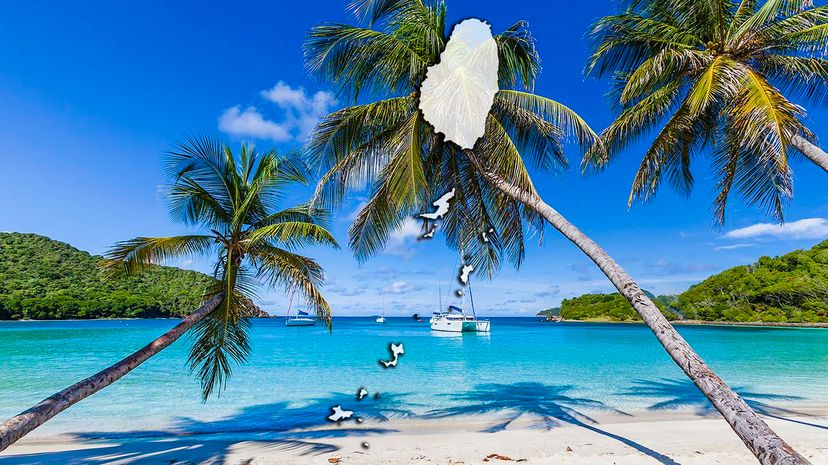
The Saint Vincent part of the country is named for a saint, obviously, but Grenadines is the French term for pomegranate. You'd think that means pomegranates grow here, but they don't. The name just refers to how the smaller islands are distributed like pomegranate seeds.
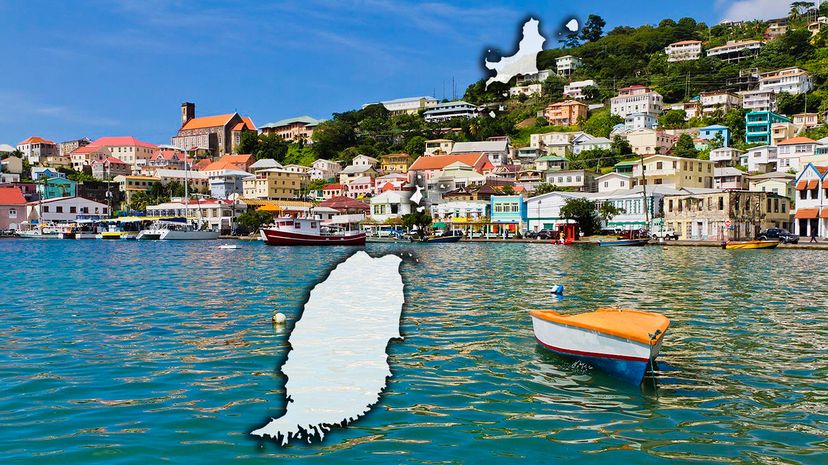
Grenada is a relatively small country with barely more than 100,000 citizens. The Molinere Underwater Sculpture Park is located off the coast and, just as the name implies, it features a number of sculptures, all of which are located at the bottom of the sea.
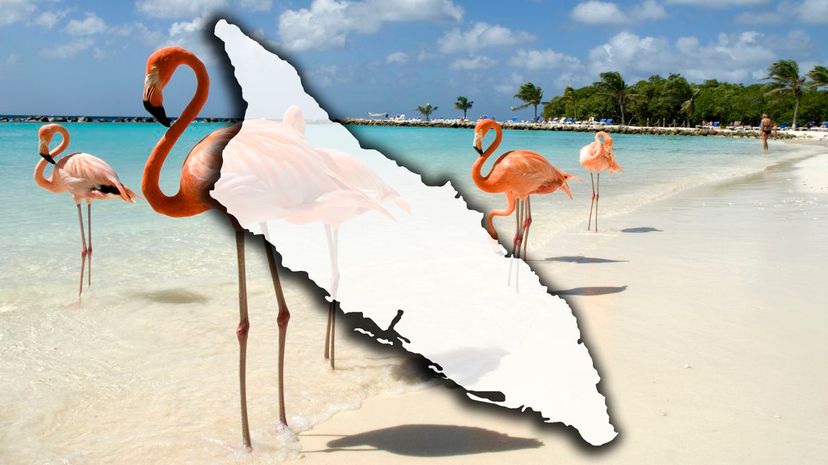
Aruba isn't just a great spot for normal diving, it's also a great spot to investigate some amazing shipwrecks. You can find the wrecks of the SS Antilla and SS Pedernales off the coast that were both sunk in the Second World War.
Advertisement
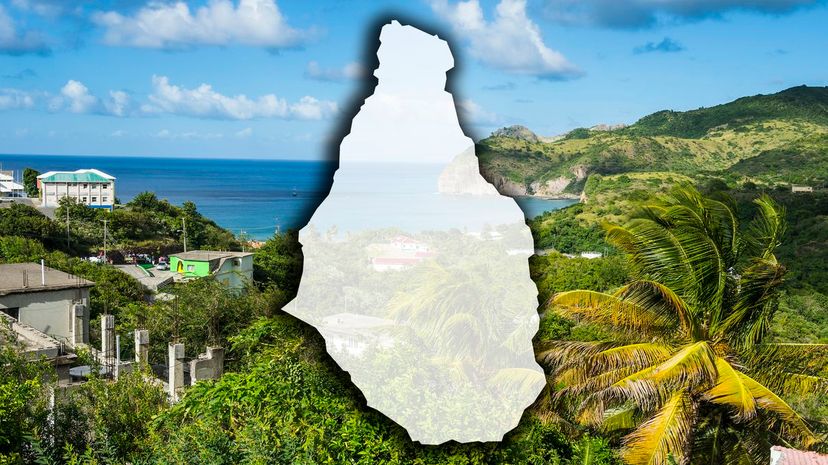
Monserrat was named for a monastery by Christopher Columbus. The little island has suffered its fair share of loss from natural disasters, though. In 1989, a hurricane devastated the island and in 1995 it was further ravaged by a volcano.